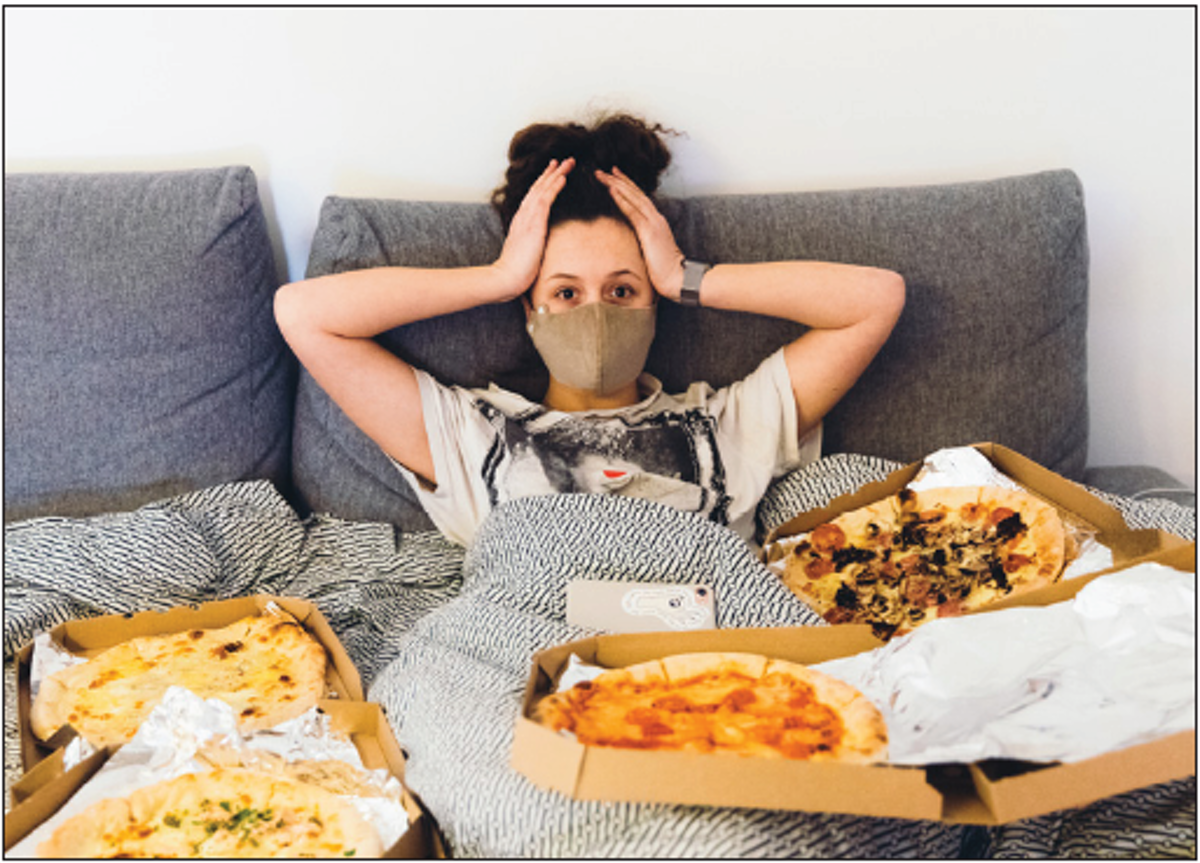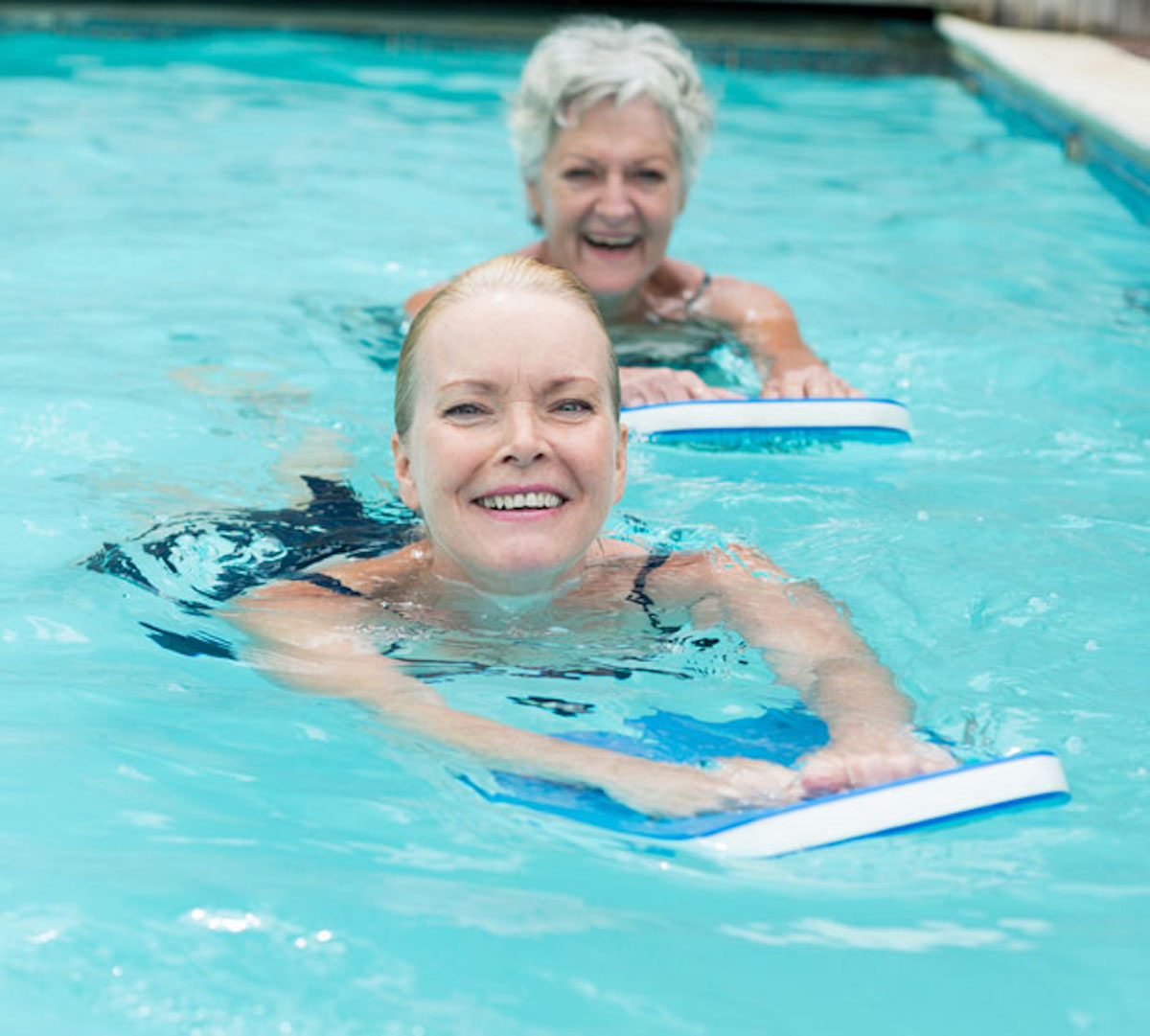The home-isolation effects of the pandemic are putting extra pounds on Americans, giving rise to the term “The Quarantine 15.”
After months of disruption to daily routines, poor eating habits and less physical activity equate to more weight. Dieting is the next step for some people, but medical experts caution that if they’re not careful, certain fat- and calorie-cutting measures can cause another kind of loss besides pounds—their hair.
“With some fad diets, you are missing out on some important nutrients, and that factor can have an impact on hair loss,” says Dr. Patrick Angelos (drpatrickangelos.com), author of The Science and Art of Hair Restoration: A Patient’s Guide.
“Your body requires adequate calories and protein to feed your hair follicles. Your hormones have a direct effect on your hair health. In order to balance your hormones, it’s important to know what foods, nutrients and supplements you need on a regular basis, and what you don’t need.”
These nutritional tips can aid your overall health and prevent hair loss:
Avoid sugar. Crash diets or cleanses can lead to too much sugar in the bloodstream, which promotes inflammation. When people eat sugar or carbs, it causes a spike of insulin and androgens, which bind to hair follicles and cause the hair to fall out. Inflammation driven by high-glycemic diets affects the immune system, and high levels of insulin can lead to hair loss.
Get plenty of protein. Protein is critical for keeping your hair healthy, but many people don’t get enough. Too little protein in your diet can damage healthy hair and inhibit your body’s ability to build new hair follicles. Lean meats like fish and chicken, eggs, and soy products are good sources of protein.
Seek fatty acids. Omega-3s play a key role in the health of hair and skin. Dr. Angelos suggests foods that are rich in these fatty acids such as salmon, tuna, walnuts and almonds.
Beware of low iron. Low iron can be a cause of hair loss. A balanced diet should include iron-rich foods such as spinach, pork and salmon, peas, and dried fruit. Foods high in vitamin C – oranges, strawberries, broccoli, tomatoes – allow your body to absorb iron in a more efficient manner.
Consider supplements. A number of supplements can help maintain a balance necessary for good health and healthy hair. Those include fish oil, a multivitamin that includes vitamins A, B complex, C, D, and E, along with the minerals zinc, iodine, and iron. You may want to also take a supplemental B-complex vitamin, although most multivitamins have sufficient amounts of Bs. And, if not in the multivitamin, also supplement with biotin, a coenzyme that helps the function of B-complex vitamins.
“Our habits have been disrupted during the pandemic, so it’s an opportune time to create new and healthy ones,” Dr. Angelos says. “Dieting doesn’t mean depriving yourself of essentials your body needs. And a healthy diet can help your hair stay strong and shiny.”
Dr. Patrick Angelos (drpatrickangelos.com), author of The Science and Art of Hair Restoration: A Patient’s Guide, is a facial plastic and reconstructive surgeon whose primary surgical interests include hair restoration and facial plastic surgery. He is certified by the American Board of Facial Plastic and Reconstructive Surgery and the American Board of Otolaryngology.
Exclusive content from CARE Magazine








